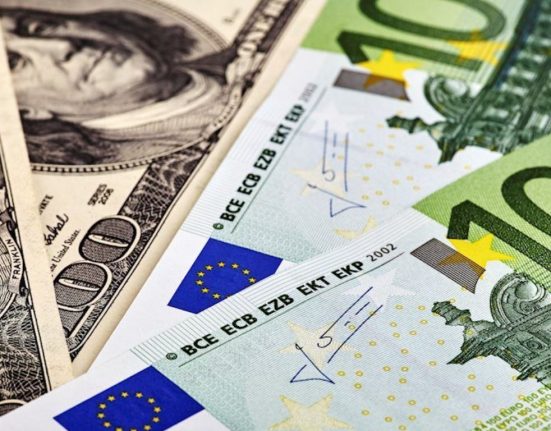Introduction
In the world of currency markets, every economic indicator has the potential to send ripples of impact across the globe. This past Friday, the US dollar experienced a surge in value against both the euro and the Japanese yen, spurred by the release of the August jobs report. This report, which offered a mixed bag of results, revealed a still-strong labor market in the United States, albeit with a few cautionary signs. In this article, we will delve into the specifics of the report, discussing how it influenced currency markets and what it may signify for the future.
The August Jobs Report
The focal point of this currency market upheaval was the August jobs report, which showcased some noteworthy statistics. The report indicated that employers added 187,000 jobs during the month of August, surpassing expectations that had predicted a more modest gain of 170,000 jobs. However, this seemingly positive news was tempered by the revision of July’s data, which had initially reported 187,000 jobs added but was revised downward to show only 157,000 jobs added. This discrepancy highlights the nuanced nature of the labor market and the need to dig deeper into the numbers.
Analyzing the Gains
The immediate reaction of the currency markets was a boost in the value of the US dollar against both the euro and the Japanese yen. Investors tend to view a robust job market as a sign of a healthy economy, and this belief was reaffirmed by the August report’s higher-than-expected job creation. As a result, traders bought into the dollar, causing its value to rise in comparison to other currencies.
The Euro’s Response
The euro, a prominent global currency, felt the brunt of the dollar’s newfound strength. As the dollar gained ground, the euro weakened, leading to a shift in exchange rates. This movement can be attributed to the perception that the US economy is outpacing its European counterpart in terms of job growth, a critical factor for currency valuation.
Japanese Yen under Pressure
The Japanese yen also faced downward pressure in response to the dollar’s surge. While the yen is influenced by various factors, including monetary policy and geopolitical events, economic data like job reports can significantly impact its value. In this case, the dollar’s strength was accentuated by the yen’s relative weakness, further driving the exchange rate in favor of the US currency.
Implications for the Future: Despite the initial positive reaction to the August jobs report, it is essential to consider the broader economic context. While the report showcased strong job gains for August, the downward revision of July’s figures raises questions about the sustainability of this trend. It is not uncommon for economic data to experience periodic fluctuations, and analysts will be closely monitoring future reports to assess whether this is a one-time anomaly or part of a more significant trend.
Conclusion
In the world of currency trading, economic indicators serve as barometers of a nation’s economic health. The August jobs report, with its higher-than-expected job gains, provided a brief boost to the US dollar, causing it to appreciate against the euro and Japanese yen. However, the revision of July’s data reminds us that the labor market’s strength is not always a straightforward narrative. As investors and analysts continue to dissect these numbers, it remains crucial to maintain a cautious and holistic view of the global economic landscape.










